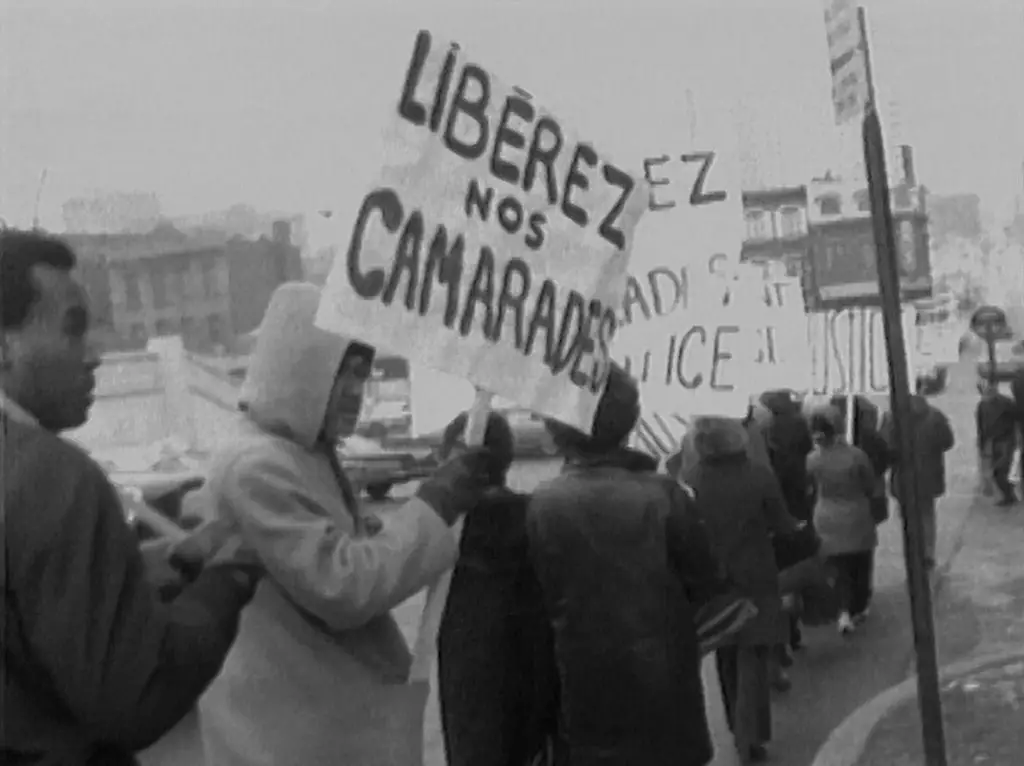For decades, the epicenters of the Civil Rights Movement have been canonized as icons like Atlanta, Montgomery, and New York. These cities symbolize pivotal moments of racial struggle and triumph in the American context. However, this narrow focus ignores a vital chapter in the broader North American and Caribbean history of resistance—Montreal’s pivotal role. As a center of Black activism in the 1960s, Montreal was not merely a quiet participant but a hotbed of revolutionary energy, fueled by the confluence of student activism, political awakening, and transnational connections that challenged colonial legacies and systemic racism.
The stories from Montreal often remain drowned out in mainstream narratives, yet they hold crucial lessons for contemporary movements seeking justice. The city’s history underscores the importance of intersectionality and the recognition that Black resistance is a shared, hemispheric phenomenon. By overlooking Montreal, we risk perpetuating a limited and incomplete portrait of Black liberation, one that confuses American civil rights with a broader, more inclusive fight that includes voices from the Caribbean, Canada, and beyond.
Documentary as a Catalyst for Reclaiming Hidden Histories
The forthcoming documentary *True North*, directed by Michèle Stephenson, promises a much-needed reexamination of Montreal’s role in Black resistance history. What sets this film apart is its emphasis on the often-neglected narratives of young Black students and activists in Quebec during a transformative era. Through meticulous use of archival footage and firsthand testimonies, *True North* seeks to break the silence that has historically shrouded these stories, highlighting their profound influence on international struggles against colonialism and racial injustice.
This film manages to humanize these forgotten heroes, grounding history in personal stories that evoke empathy and collective memory. It becomes clear that Montreal’s contributions are not isolated incidents but integral threads in the larger fabric of Black liberation. Recognizing this history affirms that resistance is not confined geographically or temporally—it is an ongoing struggle rooted in shared injustices that span decades and borders.
Challenging the Dominant Narratives of Race and Resistance
For too long, mainstream histories have simplified the fight for racial justice into a narrative centered around American protests and legislation. This exclusionist perspective silences critical voices and diminishes the interconnectedness of fights against oppression. The stories emerging from Montreal challenge us to reconsider the scope of activism and recognize the active role Canadian cities played in resisting colonial legacies and institutional racism.
Stephenson’s focus on intergenerational voices, especially elders whose contributions remain underappreciated, underscores a vital lesson: understanding history requires listening to those who lived it. Their testimonies serve as a reminder that the struggle for racial justice is rooted in everyday acts of defiance that ripple across borders and generations. By sharing these stories, *True North* not only restores their rightful place in history but also ignites a renewed sense of collective responsibility in confronting racism today.
Implications for Modern Movements and Policy Discourse
This documentary’s focus sparks a crucial reflection: How do we embed these overlooked histories into current conversations on racial equity? Recognizing Montreal’s legacy not only diversifies our understanding but also broadens the scope for policy reform. It challenges center-stage narratives that often focus solely on American civil rights victories and encourages us to see racial justice as a shared hemispheric burden—a collective effort that spans continents, cultures, and political systems.
In an age where systemic racism continues to persist, acknowledging these formerly marginalized stories can serve as a catalyst for more inclusive activism and policymaking. It emphasizes that the fight is ongoing and that understanding the full history empowers current and future generations to forge more effective, united movements. Montreal’s story is a testament to the relentless power of young people and communities standing up against systemic injustice—an inspiration we cannot afford to ignore.
By critically engaging with overlooked histories like Montreal’s pivotal role in Black resistance, we challenge ourselves to dismantle the narratives that sustain racial inequality. *True North* does more than recount past struggles—it redefines the scope of collective memory and reminds us that liberation movements are interconnected and ongoing. Ignoring these stories does a disservice to the resilience of marginalized communities and impoverishes our understanding of global resistance. Embracing these hidden histories is essential to forging a more honest and equitable future.


Leave a Reply